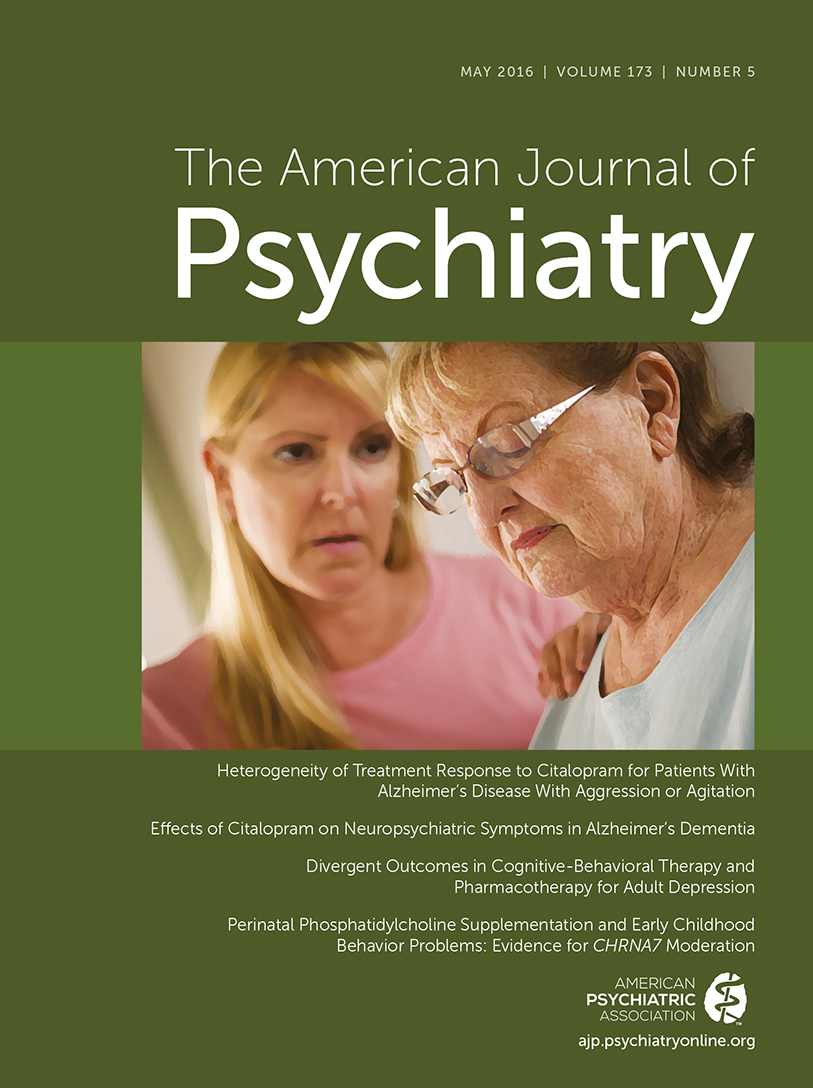The Persona of Ingmar Bergman: Conquering Demons Through Film

Barbara Young is a 95-year-old psychiatrist, psychoanalyst, and photographer. Throughout her career she has been interested in the interplay of creativity and psychotherapy. She now turns her attention to Ingmar Bergman in her recently published book, The Persona of Ingmar Bergman: Conquering Demons Through Film. Dr. Young reviews Bergman’s filmography showing not only how his films reflect his own internal struggles but how he conducted a self-analysis through the progression of his films. Dr. Young uses numerous recorded interviews, Bergman’s autobiographic novels, and his films to explore what she calls “his incredible self-healing process” (p. xii).
In the first part of the book, Dr. Young sets the stage by exploring Bergman’s childhood and how this was reflected in his earlier work. Bergman was born to a sick mother and was sick himself with the Spanish flu. He was initially raised by his maternal grandmother, her friend, and a nurse. The infant Ingmar was returned to his parents about a year later, having lost the bond with his “mother-trio” (p. 14) and experiencing his mother’s ambivalence toward him. The family narrative was that his mother would have left her unhappy marriage had Ingmar not survived. Bergman’s father was a strict Lutheran pastor, so physical punishment and humiliation were part of his upbringing, as was rigorous religious education. Dr. Young describes how his earlier movies were an illustration of his childhood traumas. Music in Darkness and The Seventh Seal illustrate his father’s strict religiosity as well as Bergman’s own fears of God’s punishment and of the terror of death, while the films Crisis and Wild Strawberries explore Bergman’s experiences with family conflict and intimacy.
The most interesting aspect of Dr. Young’s book is the second half, where she explains how Bergman conducted his self-analysis through his later work by processing his issues through film. Dr. Young notes how painful it is to watch these next films. Bergman explores his unconditional love toward his mother, her alternating love and rejection, his fear of abandonment, the happy moments with his father, and his father’s cruelty. He attempts to reconcile his aggressive impulse toward his sister and the violent conflicts with his brother with his overwhelming experience of guilt (a result of his religious background). Dr. Young gives insightful highlights of several movies and shows how they have contributed to Bergman’s healing: films such as Through a Glass Darkly and The Silence illustrate family conflicts, intimacy, and sibling rivalry; Through a Glass Darkly and Winter Light are reflections of Bergman’s religious anguish and doubts; and Hour of the Wolf is an exploration into his aggressive impulses. Dr. Young understands Cries and Whispers as the “turning point of the self-analysis” (p. 165) that led to Bergman’s being able to sustain a long-term relationship after several failed marriages.
This is a unique book looking at creativity and healing through an artist’s life. Dr. Young’s beautiful “detective” work provides additional insight into Ingmar Bergman’s life through her understanding of his films. She is also successful in giving the reader a greater appreciation and more intimate understanding of Ingmar Bergman’s movies. Although his genius is personal, the themes he addresses are universal, and his movies can be healing for all of us.



